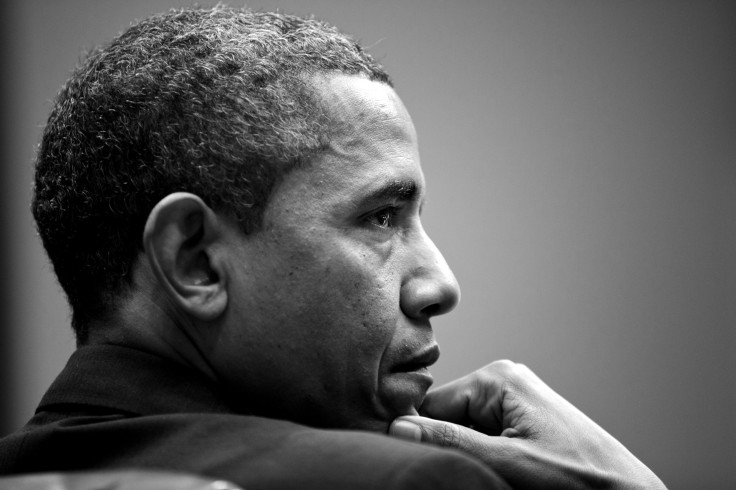Running For Office Might Shorten Average Life Expectancy — If You Win

It seems that not all the spoils go to the winner of a national election — that victory may even cut their lifespan a few years short.
At least, that’s the conclusion reached by a team of Harvard researchers this Monday in The BMJ. Studying several hundred years worth of elections from 17 countries, the researchers found that the winners lived 2.7 fewer years than their respective runner-ups, after accounting for their time period’s average life-expectancy. They also faced a 23 percent higher risk of premature death.
"This suggests that the stress of governing may substantially accelerate mortality for our elected leaders," explained Dr. Anupam Jena, an associate professor of health care policy at Harvard Medical School, in a statement.
According to Jena and his colleagues, previous studies have failed to find this effect on mortality because they only looked at a small number of people or because they might have failed to account for the better socioeconomic conditions that elected officials often lived in compared to the general population. That latter benefit in particular could effectively cancel out or even surpass the health cost of being a elected official.
To remedy both flaws, the authors looked at 279 nationally elected leaders and compared them to 261 unelected candidates who never went on to hold office elsewhere. In either group, the team then measured the number of years that person lived following the last election they ran in, and compared that to the average life expectancy of a person with the same age and sex in their respective eras. They ultimately went as far back as 1722 to find their electoral subjects.
"By comparing the lifespans of elected leaders with runners-up, we were able to calculate the mortality cost of winning elections and serving as head of state," said co-author Andrew Olenski, a research assistant in health care policy at Harvard Medical School.
While becoming president or prime minister seems like the pinnacle of a life well spent, it appears that the toll of leadership is a heavy one. On the other hand, it might just be a matter of picking your grandiose achievements more wisely. A 2007 study from the University of Warwick found that Noble Prize winners tend to live around two years longer than their counterparts who were merely nominated for the honor. Similarly, a study of UK Paraliment members also published in The BMJ this December found that they often lived longer and in better health than the general population over the past fifty years, largely due to still prevalent social inequalities.
Source: Olenski A, Jena A, et al. Do heads of government age more quickly? Observational study comparing mortality between elected leaders and runners-up in national elections of 17 countries. The BMJ. 2015.



























